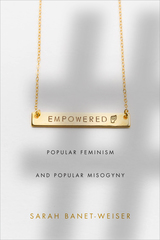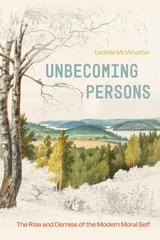

Banet-Weiser draws on interviews with nearly fifty children as well as with network professionals; coverage of Nickelodeon in both trade and mass media publications; and analysis of the network’s programs. She provides an overview of the media industry within which Nickelodeon emerged in the early 1980s as well as a detailed investigation of its brand-development strategies. She also explores Nickelodeon’s commitment to “girl power,” its ambivalent stance on multiculturalism and diversity, and its oft-remarked appeal to adult viewers. Banet-Weiser does not condemn commercial culture nor dismiss the opportunities for community and belonging it can facilitate. Rather she contends that in the contemporary media environment, the discourses of political citizenship and commercial citizenship so thoroughly inform one another that they must be analyzed in tandem. Together they play a fundamental role in structuring children’s interactions with television.

Contributors. Inna Arzumanova, Sarah Banet-Weiser, Aymer Jean Christian, Kevin Fellezs, Roderick A. Ferguson, Herman Gray, Eva C. Hageman, Daniel Martinez HoSang, Victoria E. Johnson, Joseph Lowndes, Roopali Mukherjee, Safiya Umoja Noble, Radhika Parameswaran, Sarah T. Roberts, Catherine R. Squires, Brandi Thompson Summers, Karen Tongson, Cynthia A. Young
READERS
Browse our collection.
PUBLISHERS
See BiblioVault's publisher services.
STUDENT SERVICES
Files for college accessibility offices.
UChicago Accessibility Resources
home | accessibility | search | about | contact us
BiblioVault ® 2001 - 2025
The University of Chicago Press









